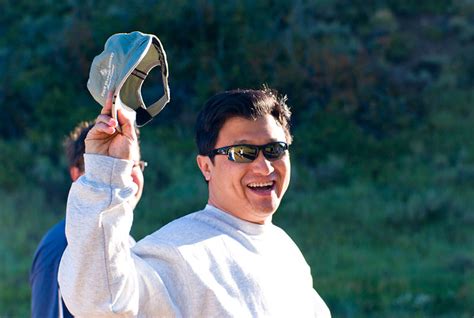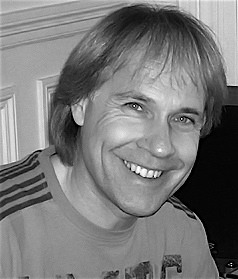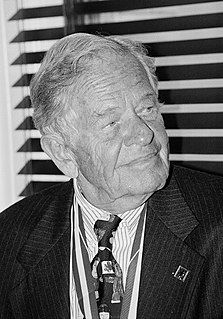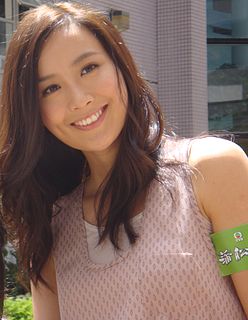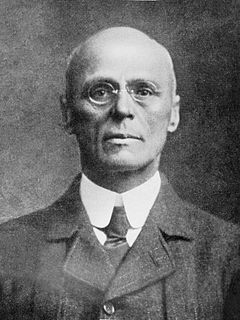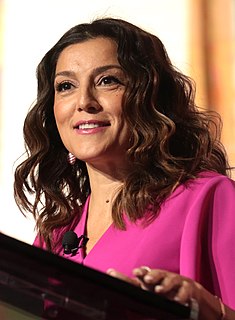A Quote by Li Lu
I was born in April of 1966, on the eve of the Cultural Revolution. Soon after, my parents and grandparents all lost personal freedom simply for being intellectuals. So I spent most of my childhood rotating between adopted families of peasants and coalminers.
Related Quotes
Keep in mind, Mike Bloomberg's kids and grandkids are breathing that air just like the coalminers' families are breathing that air. And the coalminers are the ones that have the conflict. They want their jobs, I understand that. They need to be able to feed their families. They also have to worry about their health and the health of their families.
I was born in 1953, in Paris. But soon after my birth my family (I have one sister) moved into a rent apartment in suburbs of Paris named Romainville. That time my parents were freshly married and it was extremely hard to find an apartment in Paris for a young married couple. To say they found a flat in a blocks of houses which was built after the second World War - and this is the place where I spent my childhood.
Western intellectuals, and also Third World intellectuals, were attracted to the Bolshevik counter-revolution because Leninism is, after all, a doctrine which says that the radical intelligentsia have a right to take state power and to run their countries by force, and that is an idea which is rather appealing to intellectuals.
People over the age of thirty were born before the digital revolution really started. We've learned to use digital technology-laptops, cameras, personal digital assistants, the Internet-as adults, and it has been something like learning a foreign language. Most of us are okay, and some are even expert. We do e-mails and PowerPoint, surf the Internet, and feel we're at the cutting edge. But compared to most people under thirty and certainly under twenty, we are fumbling amateurs. People of that age were born after the digital revolution began. They learned to speak digital as a mother tongue.
